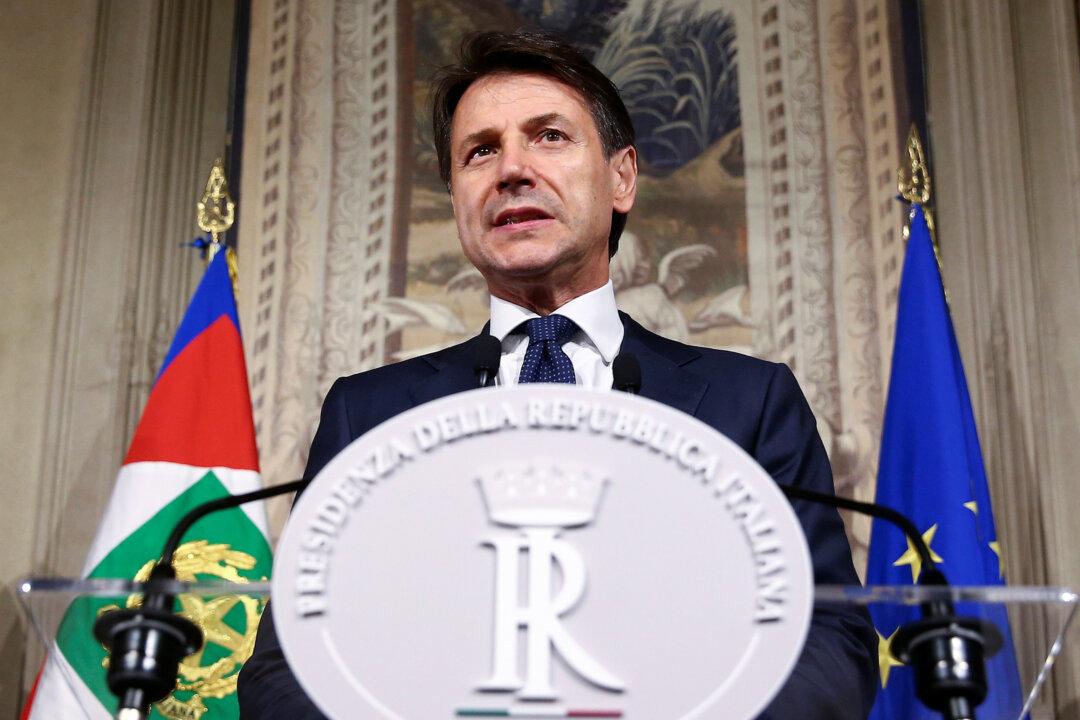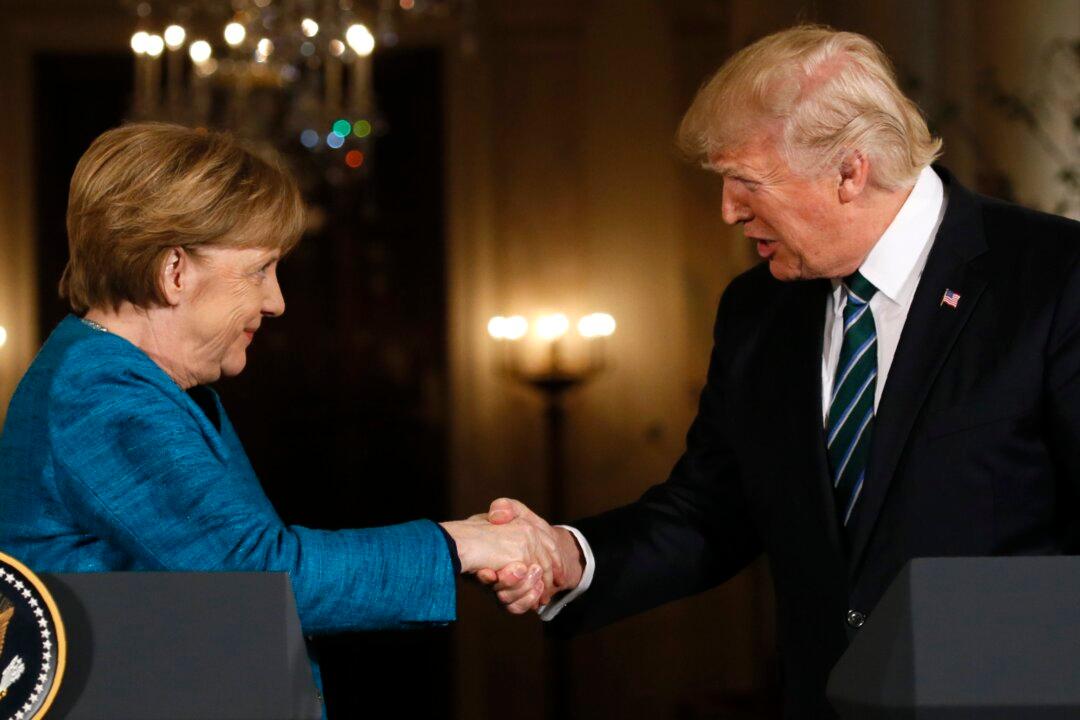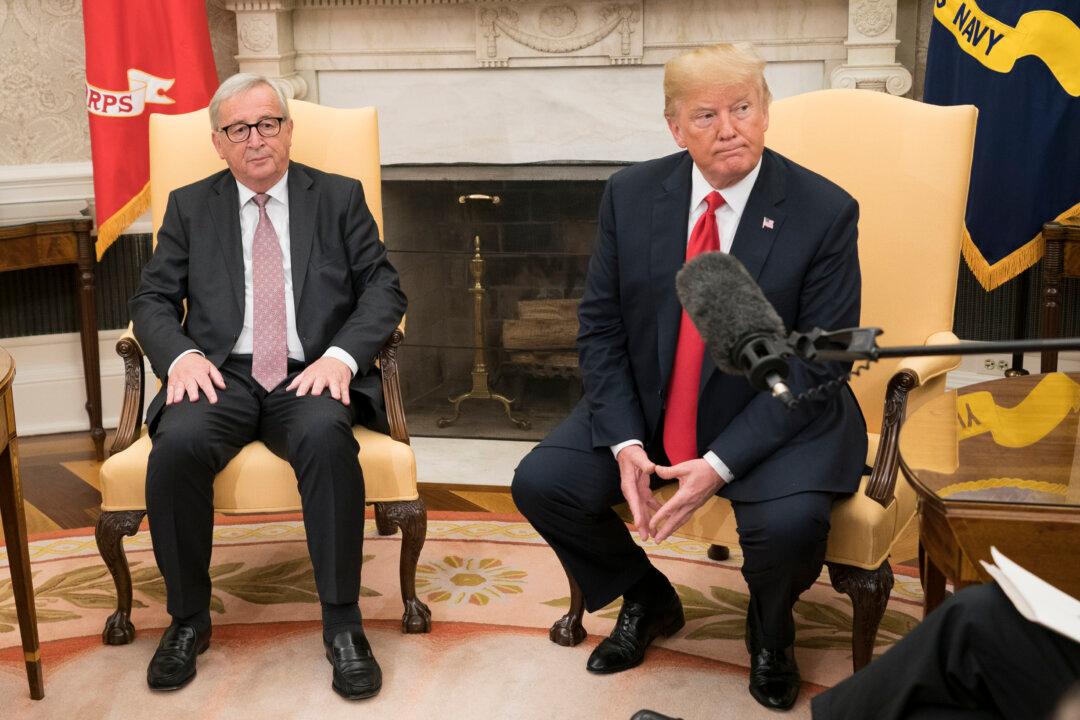The outcome of Italy’s latest national elections made it very difficult to form a government. Finally, an ostensibly shocking breakthrough occurred: Lega (formerly the Northern League), which is labeled as a right-wing movement, and the Five Star Movement (M5S), labeled as populists, agreed to form a coalition and picked Giuseppe Conte, a law professor, as prime minister.
Both parties are euroskeptic, with one of them being more on the socialist side. Their program calls for tax cuts, which would make sense as the Italian economy is hindered by an excessive tax burden. Tax reductions, of course, would cause a short-term decline in government revenue, but in the long haul they increase revenues by triggering economic growth.
Prince Michael of Liechtenstein is the chairman of trust company Industrie- und Finanzkontor Ets. as well as the founder and chairman of Geopolitical Intelligence Services. This article was first published by GIS Reports Online.
Author’s Selected Articles





